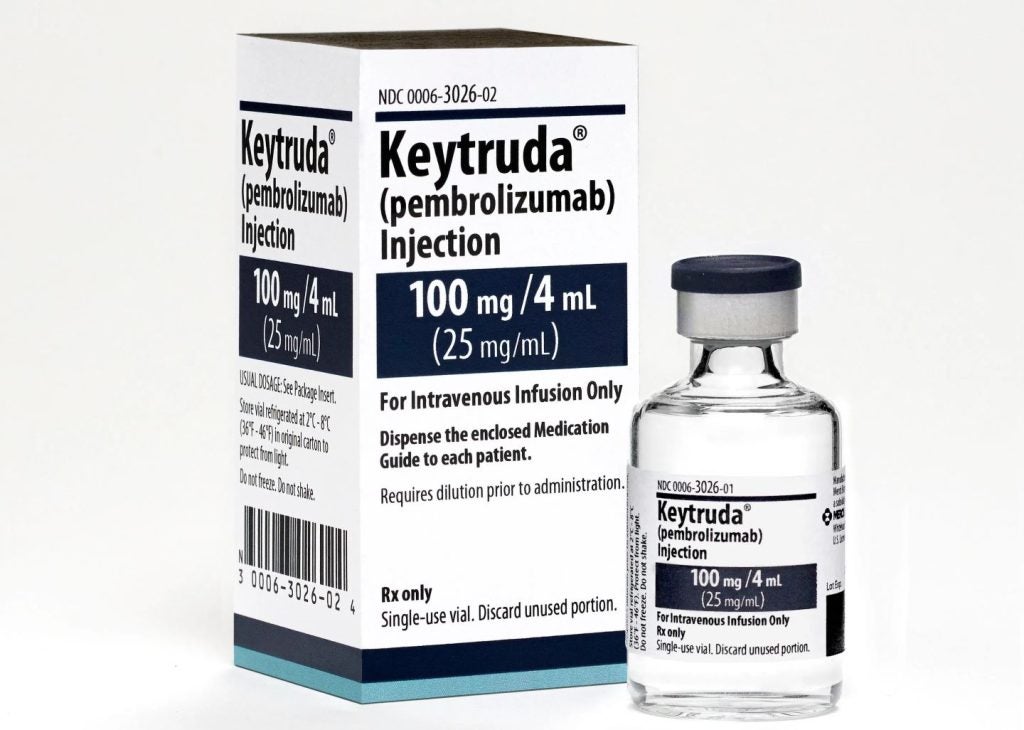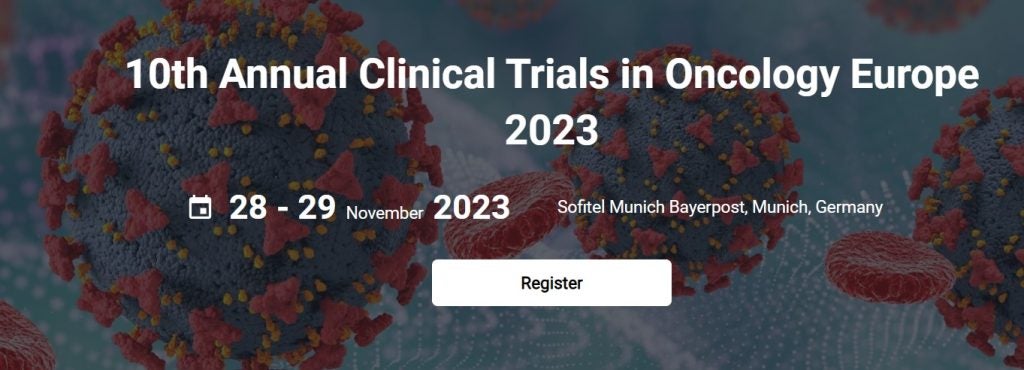The European Medicines Agency’s Committee for Medicinal Products for Human Use (CHMP) has provided a positive opinion for granting approval to Merck’s (MSD) Keytruda combination therapy to treat biliary tract cancer.
Keytruda is used along with gemcitabine and cisplatin as first-line therapy for adults with locally advanced unresectable or metastatic biliary tract carcinoma.
The latest development is based on positive data from the Phase III KEYNOTE-966 clinical trial in which Keytruda plus chemotherapy offered improvement in overall survival compared to chemotherapy alone.
Based on the CHMP's advice, the European Commission will review the treatment for marketing authorisation in the European Union (EU).
A final decision on approval in the EU is anticipated in the fourth quarter of 2023.
Merck Research Laboratories global clinical development late-stage oncology senior vice-president and head Dr Marjorie Green stated: “Patients diagnosed with locally advanced unresectable or metastatic biliary tract cancer face a challenging disease with poor survival outcomes, underscoring the need for new treatment options that may help extend their lives.
“The CHMP’s positive opinion brings us one step closer to providing a new immunotherapy regimen, which has shown an overall survival benefit compared to chemotherapy alone to these patients in the European Union.”
The Keytruda combination therapy gained approval from the US Food and Drug Administration to treat locally advanced unresectable or metastatic biliary tract cancer patients in October 2023.
The company has a wide clinical development programme of Keytruda for gastrointestinal cancer indications and is also analysing the therapy for hepatobiliary, colorectal, oesophageal and gastric cancers.















